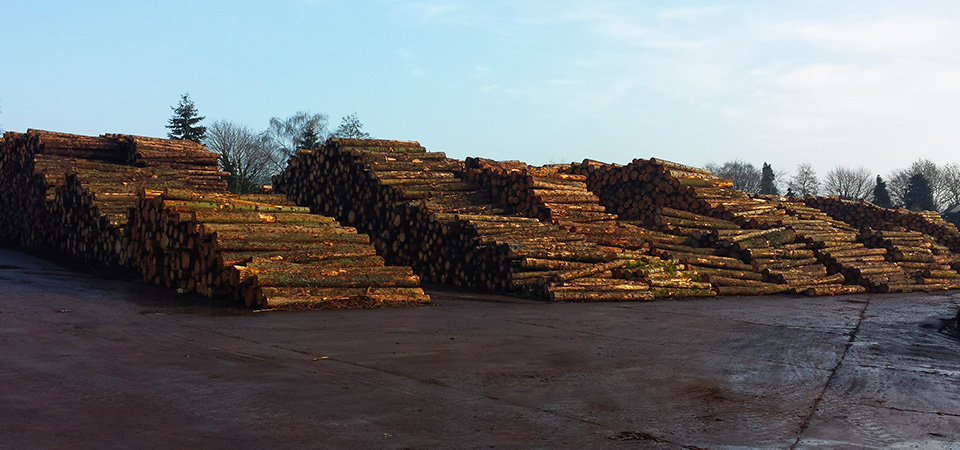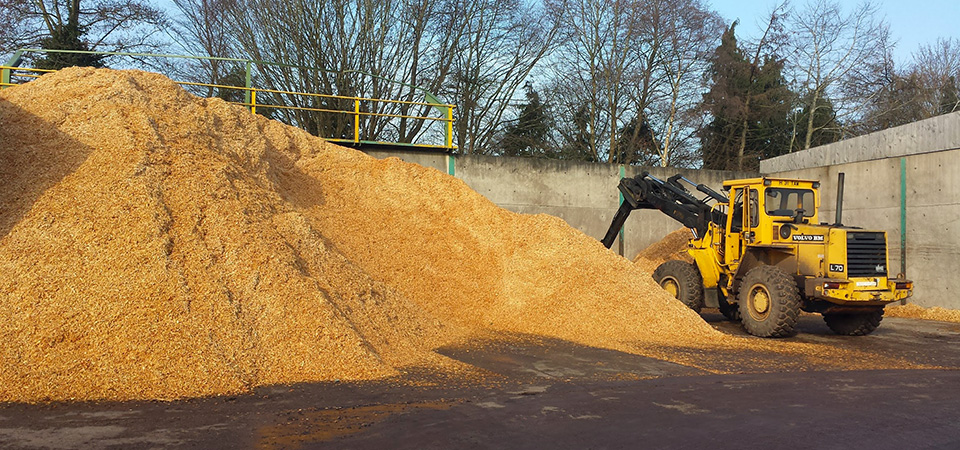

X-scapes are committed to caring for the environment and reducing the amount of waste that ends up in landfill sites. With this in mind we Work hard to ensure that as much material is recycled back into projects to reduce our waste, redistributing soils and aggregates wherever possible.
All timber waste, off-cuts and sawdust where possible are recycled into Biomass helping to reduce our carbon footprint.
X-scapes are conscientious of the environment and support F.S.C with the supply of timber through their sustainably managed forests and try and source products that are not harmful to the planet.

The UK produces more than 100 million tonnes of waste every year, And the majority of this waste ends up in Landfill sites across the country.
UK Commercial and Industrial sectors generated 27.7 million tonnes of waste in 2014, of which 19.8 million tonnes was in England. A little more than half of this waste was Commercial waste in both the UK and England.
X-scapes are working to reduce the amount of waste generated that ends up in landfill sites. Reusing and recycling as many materials as possible, all soils and aggregates excavated on site are reused on the project or stockpiled for future use.
Any packaging containing plastic, cardboard and paper is taken to authorised recycling centres.
Source: Defra Statistics
Biomass is a renewable, low carbon fuel that is already widely available throughout the UK. Its production and use are environmentally beneficial and when correctly managed biomass is a sustainable fuel that can deliver a significant reduction in net carbon emissions when compared with fossil fuels.

CO₂, the chemical symbol for Carbon Dioxide.
The total amount of greenhouse gases produced to directly and indirectly support human activities usually expressed in equivalent tons of Carbon Dioxide
When you drive a car, the engine burns fuel which creates a certain amount of CO₂, depending on its fuel consumption and the driving distance.
When you heat your house with oil, gas or coal, you also generate CO₂.
Even if you heat your house with electricity, the generation of the electrical power will also have emitted a certain amount of CO₂ from the power station.
When you buy food and goods, the production of the food and goods also emitted some quantities of CO₂.
The most common way to reduce the carbon footprint of humans is to Reduce, Reuse, Recycle and Refuse.
X-scapes are determined to reduce their carbon footprint and are putting systems in place to help reduce the amount of CO₂ we emit into the atmosphere. FSC forests are managed and replanted after the timber has been harvested ensuring the sustainability of the forests and the ecosystem that it supports.
For more information on Carbon footprints check this short video "The Hectare Story" made by Carbon visuals.